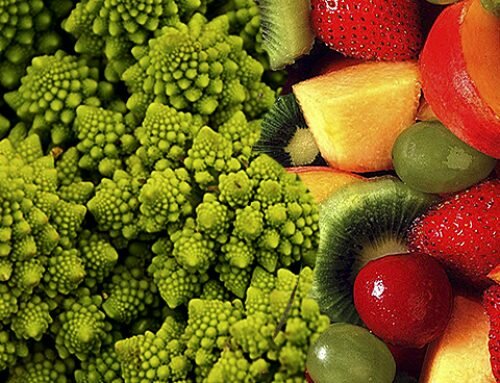The constant intake of potatoes in the diet can increase the risk of type 2 diabetes and their replacement with whole grains may reduce this risk.
They shall be considered as a source of carbohydrates such as grains, especially refined grains, rather than compare them with vegetables and this allows to affirm that their place in a healthy diet is not suitable.
That statement comes from the Osaka Cancer Center and the prevention of cardiovascular disease, in Japan, and TH Chan from Harvard School of Public Health in Boston, Massachusetts.
Potatoes contain a lot of starch, and a relatively small amount of fiber, vitamins, minerals and polyphenols, with a quality and quantity of carbohydrate that is associated with a higher risk of type 2 diabetes.
Also, when the potatoes are served hot their starch becomes more easily digested and increases the levels of glucose in the blood faster.
In the study they were involved participants who did not have diabetes, cardiovascular disease or cancer at baseline. The researchers assessed the consumption of potatoes with validated food frequency questionnaires.
The researchers also evaluated the change in four years the consumption of potatoes. They identified the type 2 diabetes by self-report and confirmed by a validated questionnaire.
The results showed that participants with a greater consumption of potatoes (baked, boiled, mashed or French Fries) had a significantly higher risk of type 2 diabetes.
After adjusting for population levels, to lifestyle and dietary factors, participants who ate less than two to four servings of potatoes a week had a risk increased by 7% of type 2 diabetes, while those who ate seven or more servings a week had a 33% increased risk compared to those who ate less than one serving a week.
Participants who ate French fries had a higher risk of type 2 diabetes compared to those who ate baked, boiled, mashed potatoes or respectively.
The participants who have increased their consumption of potatoes over time – especially chips – had an increased risk of diabetes.
Estimates have shown that the substitution of three portions per week of potatoes (regardless of type), with whole grains would decrease the risk of type 2 diabetes by 12%.
Consumption of potatoes in a healthy diet should be reduced for people with higher risk of developing diabetes or insulin resistance.
Healthy foods like vegetables, fruits, whole grains and nuts, rather than potatoes, should be encouraged for the prevention of type 2 diabetes.





